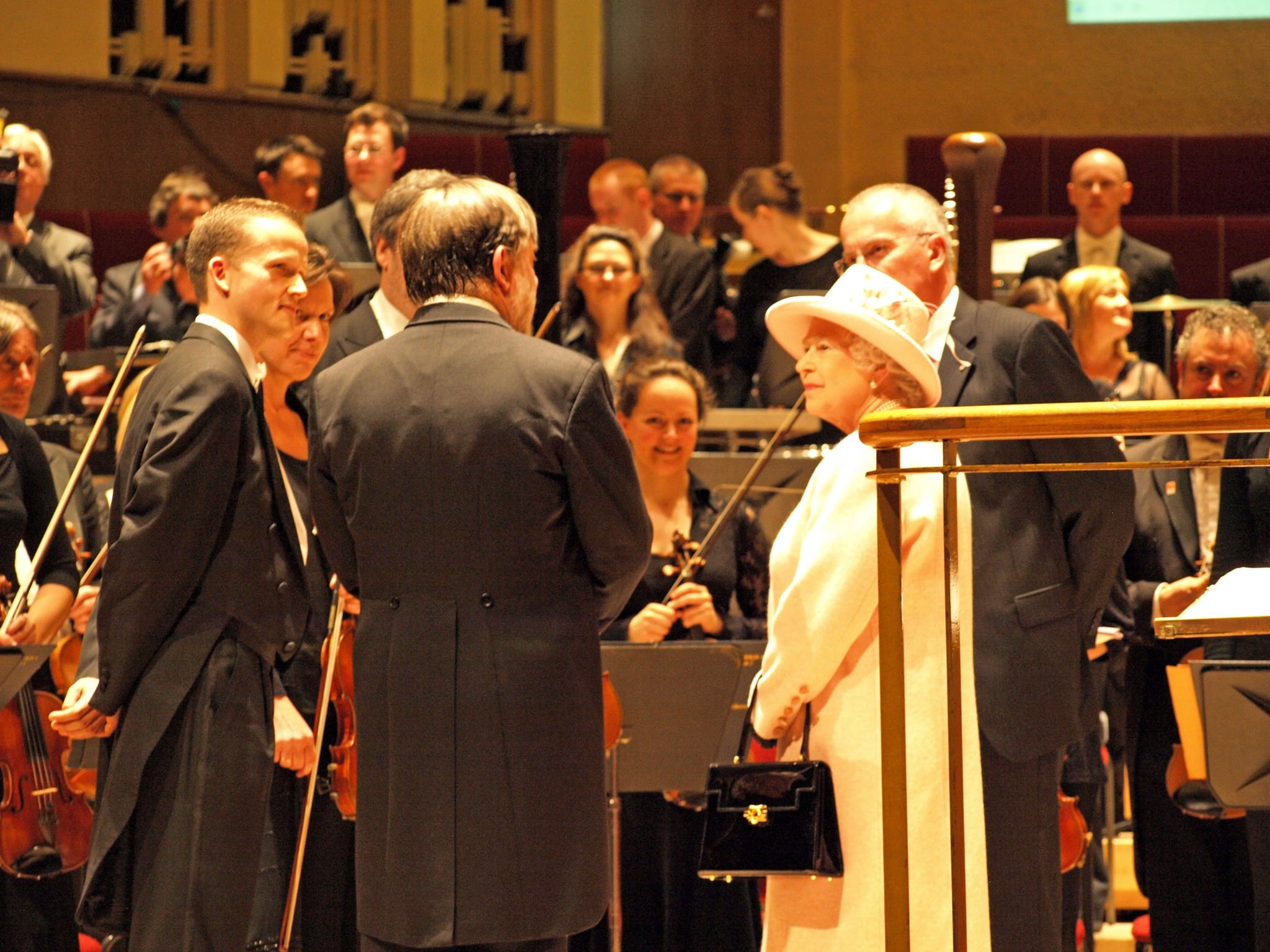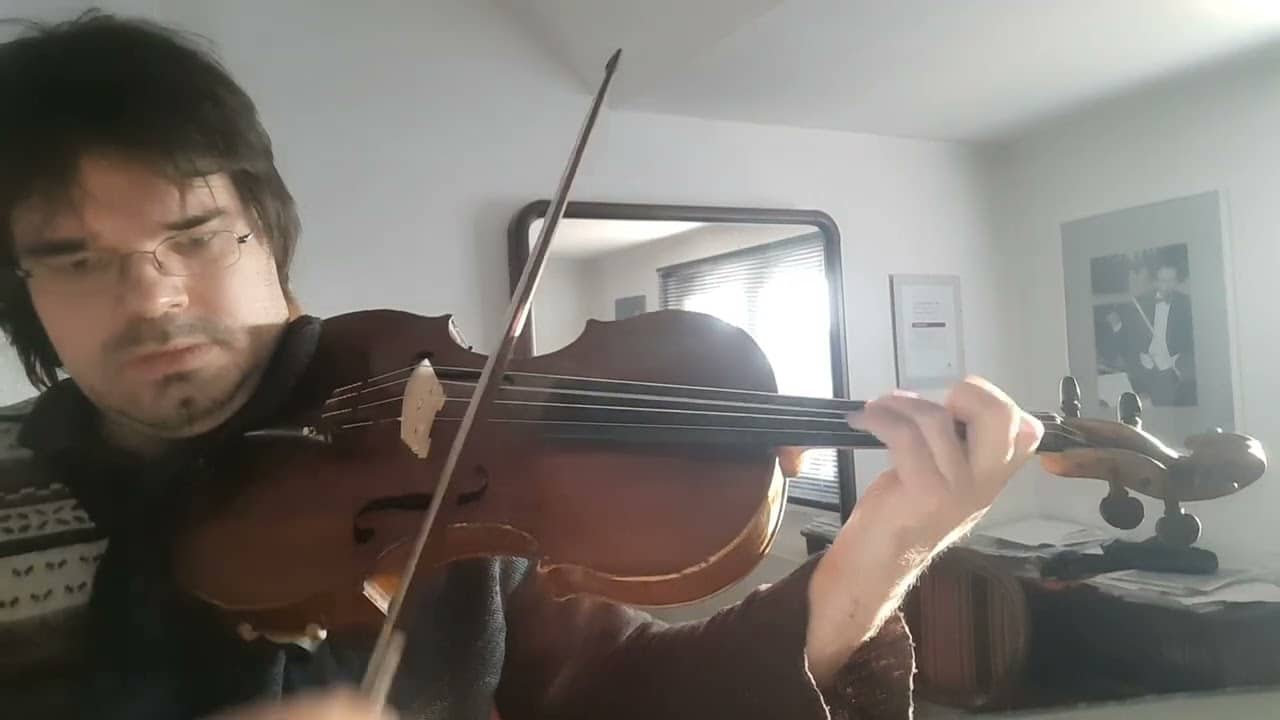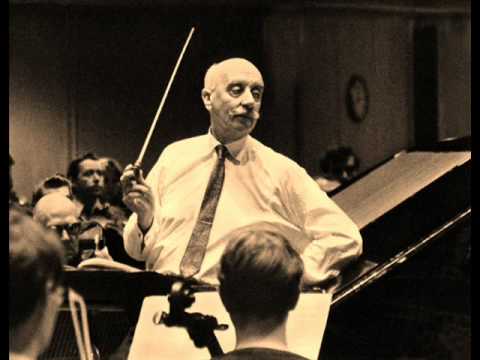Bayreuth announces its first opera premiere since Parsifal
mainKatharina Wagner has commissioned an opera from the Austrian composer Klaus Lang.
Titled The Vanished Wedding it is being claimed as Bayreuth’s first world premiere since 1882.
The diference?
It will be staged a day before this year’s festival and well away from the Festspielhaus, in a disused cinema, the Reichshof.
The composer will conduct.






this is old news: https://www.bayreuther-festspiele.de/festspiele/news/2018/diskurs-bayreuth-2018-24-07-2018-urauffuehrung-der-verschwundene-hochzeiter-oper-von-klaus-lang/
well …
in 2009, I attended the world premiere of Hans Martin Gräbner’s ‘Wilhelmine’ at the wonderful margravial opera house:
https://bayreuth.bayern-online.de/magazin/kultur/events/artikelansicht/wilhelmine-semi-oper-ueber-das-leben-der-markgraefin-wilhelmine-von-bayreuth-studiobuehne-bayreuth/
They just staged Hasse’s Artaserse as Wilhelmine to reopen the Margravial (with Anja Silja), ruining the piece.
The Margravial opera house is the venue Bayreuther Festspiele had in mind for the upcoming Klaus Lang production as well. They also offered to continuously arrange guest performances there. But they have been turned away, like other opera/theatre companies with their ideas. This is now a world heritage site and as such to be used for as little performances as possible, just as much as needed to demonstrate that the building is not dead and a mere mummy. Bitte nicht berühren!
One wonders what Wagner would have thought about such competition on his own grounds:
http://www.youtube.com/watch?v=FofiM8ApORM
http://www.youtube.com/watch?v=yltUpXCcxW0
http://www.youtube.com/watch?v=tjubt3-tHFc
‘Kinder, schafft neues!’ Wagner thoughtlessly advised from the top of his own imaginary mountain. Thereafter, many people got confused with the concepts of ‘progressive’ and ‘regressive’.
Thanks for the links (I listened just a little bit but long enough). Not that much Wagnerian, but well appropriate for Bayreuth in the XXI Century, considering the deconstruction of the Ring. I wonder what Christian Thielemann thinks about the commission.
Klaus Lang (*1971 Graz / Austria) lives in Steirisch Lassnitz (Austria). He studied composition and theory of music (with H.M. Preßl, B. Furrer and Y. Pagh-Paan) and organ. Klaus Lang loves tea and dislikes lawnmowers and Richard Wagner. Klaus Lang’s music is not a means to convey extramusical contents, such as emotions, philosophical or religious ideas, political propaganda, advertisement etc… His music is no language used to communicate non-musical content. Music is seen as a free and selfstanding acoustical object. In his work he is not using sound, sound is explored and given the opportunity to unfold its inherent rich beauties. Only when sound is just sound it is percievable as that what it really is: a temporal phenomenon – audible time. Klaus Lang sees time as the genuine material of a composer and at the same time also the fundamental content of music. In his view musical material is time perceived through sound, the object of music is the experience of time through listening. Music is time made audible.
“Music is time made audible.” If this were true, it is like saying about shoes: they are NOT for walking, but for showing the nice curves of the leather material. Only someone not interested in, or incapable of, walking, would enjoy the mere sight of shoes for its own sake. So it is with music. People who don’t understand music, think it is merely the sound it makes, and all those ideas about emotion etc. are non-musical elements. That’s why we have now the ‘music of and for the non-musical people’.
http://subterraneanreview.blogspot.nl/2015/11/be-liberated.html
There’s a much larger historical context for this view, though its impossible to explain in a short post. The context is tied to the German concept of Vergangenheitsbewältigung. There’s no word for this in English, but it roughly means coping with the past. The idea is that the recent history of Germany is so horrific that fundamental changes in consciousness and human endeavor are needed to create a new world. It is believed that this will allow society to see the past for what it really is, to sort the good from the bad, and to make the changes needed to chart a more sane future course.
After the war, the new music community in Germany was thus very open to radically new ideas about music. Hitler was defined as the last romantic, the ultimate manifestation of a worldview that opened the way for an insane artist-prophet and master of rhetoric who created radical evil based on the transcendental ideals of the Übermensch.
After the war, this led to a fundamental suspicion toward the rhetoric and emotion of music which essentially became the object of ridicule.
Under this view, aesthetic philosophies evolved that that rejected musical syntax as the West had known it, and sound was defined as an end in itself. (The rise of scientism compounded this perspective.) To put it in vastly oversimplified terms, the principle theorist of sound art was John Cage. For Germans, his theories seemed to offer an emancipation of sound freed from a genocidal past, a rational objectivity removed from an ethos of romantic, transcendental rhetoric that led to insanity. His ideas were thus embraced with unparalleled fervor in Germany.
Never mind that the fervor was deeply ironic, since it was not so much the emotional rhetoric of Romanticism that was at fault, as was Romanticism’s concepts of nationalism and a totalizing transcendental absolutism. Modernist aesthetics ironically became the new absolute, the new totalizing force shaping artistic expression, the new party card, as it were.
And to make things even more complex, the opponents of these developments were just as fanatic, and still are. Classical music was and still is caught in the middle. The result seems to be a historic miasma in its creative output.
A very apt description of a complex subject and brilliantly put. And very very true.
The irony of German musical life: on one hand, a performance culture of very high artistic standards with a large audience and a plethora of over-active orchestras, opera houses and chamber music venues, where the prewar repertoire is cultivated as an asset, and next to it an established modernist territory where insanity rages, accompanied by ideological nonsense entirely comparable with the illness it set out to heal:
http://www.youtube.com/watch?v=jwlCD2y2tBA
But there is the humanist tradition as exemplified in Haydn, Mozart, Beethoven, Brahms etc. etc. which reflects the Aufklärungs-mentality of German culture which was snowed-under by primitive nitwits. Illustrating the ideological burden placed upon music by the dark era is, for instance, the position of the German new music journal Neue Zeitschrift für Musik which openly represents and emulates ideology instead of the normal task of journals to offer objective information to its readers.
Klaus Lang’s aesthetic declaration is fine, but then why an opera? Isn’t opera primarily theater with music, or – as with Wagner – a gesamtkunstwerk of theatre, music, staging, lighting, etc.? Wouldn’t music with a slow moving light show make more sense, in terms of achieving the desired lack of effect? Just wondering.
Is he related to Lang Lang?
Klaus Lang is from the shorter branch of the extended Lang Lang family tree.